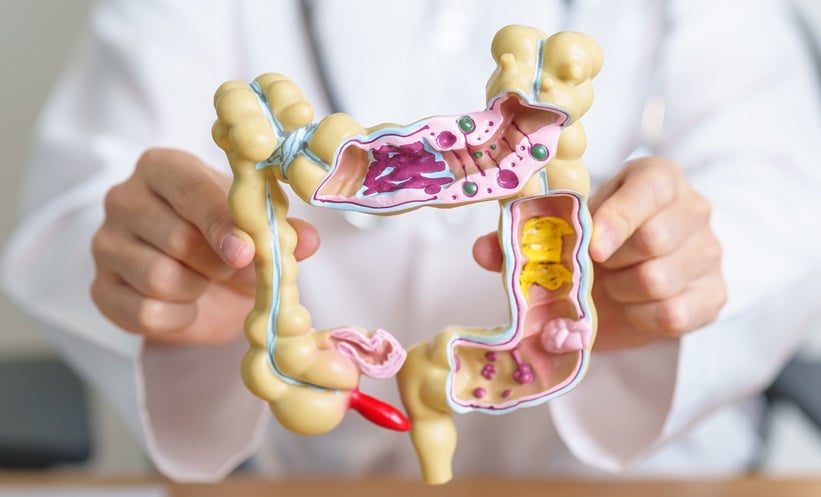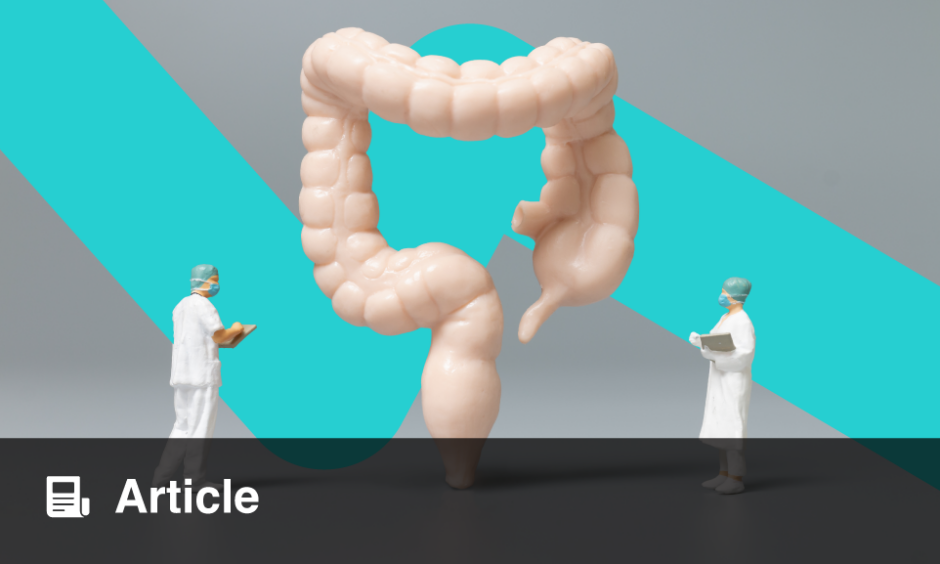A RECENT multicentre study has shown that endoscopic submucosal dissection (ESD) is an effective and safe treatment for high-risk colorectal colitis-associated neoplasia (HR-CAN) in patients with inflammatory bowel disease (IBD).
IBD patients face a 2–3 times greater risk of developing colorectal cancer, and the study evaluated the use of ESD, a minimally invasive technique, to remove non-polypoid lesions and large colon polyps that are often resistant to conventional resection methods.
The study, conducted between January 2014–April 2023, involved 91 patients with IBD who were treated at nine tertiary endoscopy centres in Italy (58.2% male; average age of 60.8 years, 83.4% ulcerative colitis. Participants had been diagnosed with IBD for an average of 183 months. The study aimed to assess the success rate of ESD in achieving complete removal of HR-CANs and monitor the occurrence of adverse events and long-term outcomes. The primary outcome was rate of en bloc, R0 resection, and adverse events (AEs); and the secondary outcome was rate of local recurrence, metachronous lesions, and post-dissection surgery.
En bloc resection, or complete removal of the lesion in one piece, was achieved in 95.9% of cases. The more critical R0 resection, which indicates the successful removal of all cancerous tissue, was accomplished in 85.4% of cases. AEs, such as minor bleeding or perforations, occurred in 12.5% of cases, but all were managed conservatively without the need for major interventions.
During an average follow-up period of 23.4 months, only 3.1% of patients experienced local recurrence or developed new lesions. A small percentage (11.5%) required surgery post-dissection, mostly due to pathology findings or refractory IBD. Interestingly, female patients had a lower rate of AEs, while lesions with an invasive pit pattern were more likely to require surgery.
The study concludes that ESD, when performed in specialised centres, is an effective and safe option for treating HR-CANs in patients with IBD. Further long-term studies will be needed to confirm its impact on preventing cancer development in these patients.
Ada Enesco, EMJ
Reference
Maselli R et al. Endoscopic submucosal dissection for high-risk colorectal colitis-associated neoplasia in inflammatory bowel disease: a real-world multicenter study. Abstract sp1250. DDW 2024, 18–21 May, 2024.








